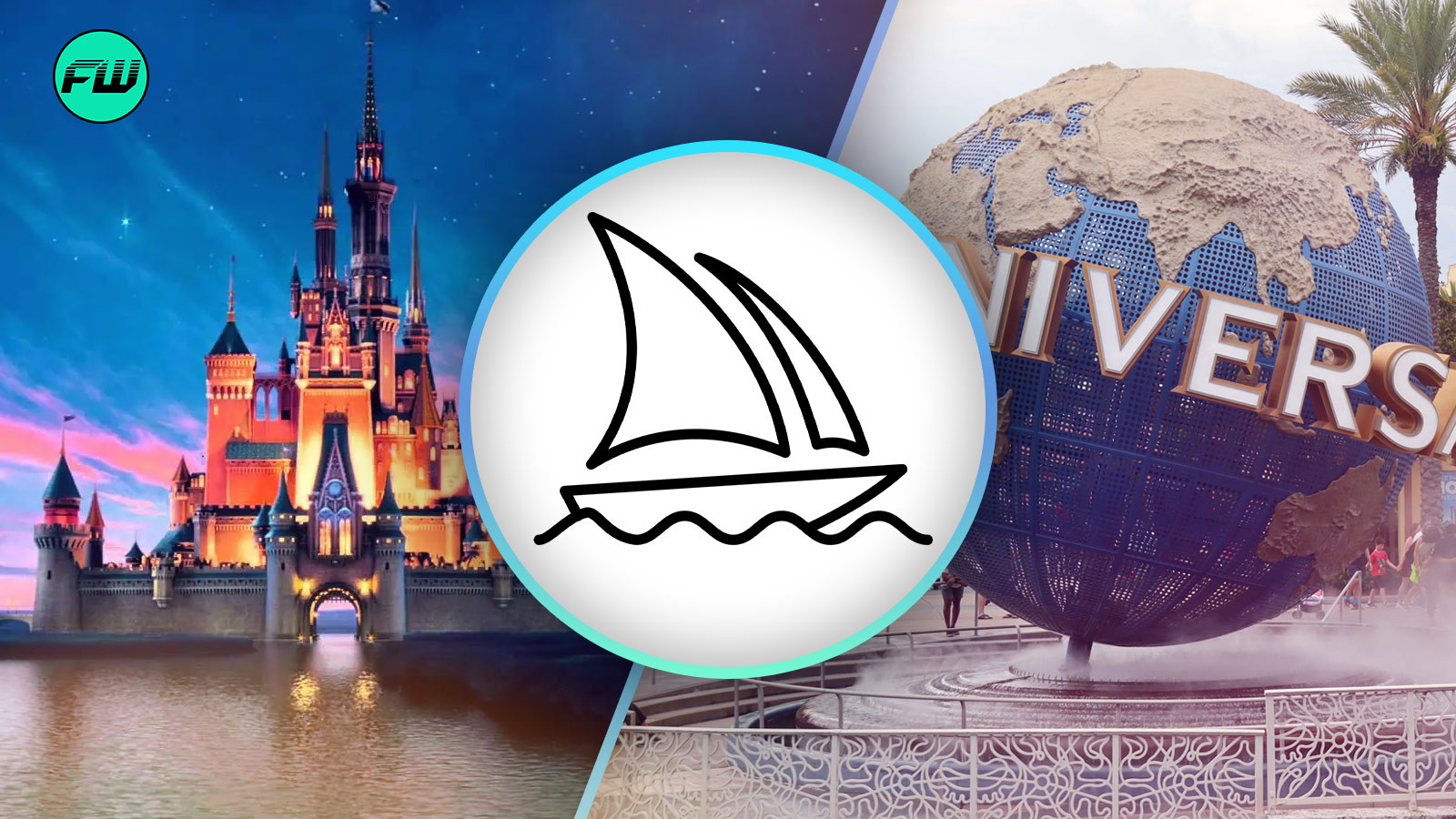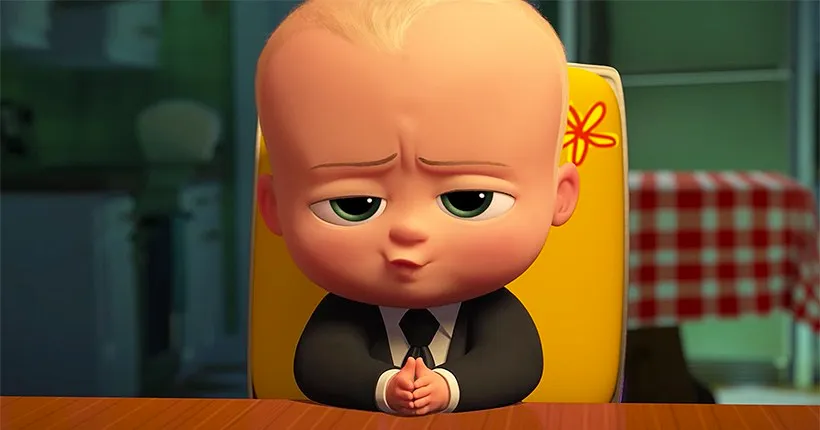
Artificial Intelligence has become the biggest blessing and curse of the world today. While AI has simplified a lot of processes, streamlining and revolutionizing whole industries with its effectiveness and ease of use, it has proven particularly detrimental to the entertainment industry.
From filmmaking to content creation, a seismic challenge has emerged in recent years, leading to legal battles between AI firms and companies over copyright infringement. In the past, we have seen companies like The New York Times suing OpenAI or Getty Images’ lawsuit against Stability AI, but this is the first time that major Hollywood studios have entered the playing field.
On June 11, 2025, two of Hollywood’s most powerful studios, The Walt Disney Company and Comcast’s Universal Pictures, filed a landmark lawsuit against Midjourney, a San Francisco-based AI startup known for its image-generating technology. This 110-page complaint, lodged in the U.S. District Court for the Central District of California, marks the first time major Hollywood studios have taken legal action against a generative AI company, accusing Midjourney of what they call a bottomless pit of plagiarism.
The case has arrived at a moment when Hollywood is already struggling with AI, embracing its potential to streamline production, such as de-aging actors or generating background scenes, while grappling with its threat to creative control and IP rights. So, without further ado, let’s delve into the details of the Disney-Universal lawsuit against Midjourney and the broader implications for the entertainment and AI industry.
What are the allegations against Midjourney by Disney and Universal?

In an era where artificial intelligence (AI) is reshaping industries, from filmmaking to content creation, the Walt Disney Company and Universal, two of the biggest Hollywood studios, have filed a landmark complaint against the AI firm, Midjourney.
At the heart of the lawsuit is the claim that Midjourney has engaged in textbook copyright infringement by using Disney and Universal’s intellectual property to train its AI models. The 110-page complaint provides over 30 side-by-side comparisons of Midjourney-generated images and original characters, showcasing striking similarities.
The lawsuit alleges:
Midjourney’s conduct misappropriates Disney’s and Universal’s intellectual property and threatens to upend the bedrock incentives of U.S. copyright law that drive American leadership in movies, television, and other creative arts.
The suit further gives several examples where prompts are given to Midjourney’s image generator, and the results are strikingly similar to Disney or Universal’s property.
The studios argue that Midjourney’s AI was trained on countless copyrighted works, scraped from the internet without permission, to generate these infringing images. Disney and Universal revealed they even sent cease-and-desist letters to Midjourney—Disney in 2024 and Universal in May 2025—but claim the company either ignored or minimally acknowledged their demands, continuing to release new versions of its image generator that produce even higher-quality infringing content.
Disney and Universal frame Midjourney as free-riding on their intellectual property

The two Hollywood stalwart studios further frame Midjourney as a quintessential copyright-free rider, profiting from their decades of investment in iconic franchises without contributing to their creation. The two studios allege that the AI firm has been distributing their property without permission, making copies of iconic characters like Disney’s Yoda from Star Wars or Universal’s animated character from The Boss Baby franchise, complete with specific details like logos on Buzz Lightyear’s space suit from the Toy Story franchise or the coloring of Lightning McQueen from Cars.
In a statement, Disney’s chief legal officer, Horacio Gutierrez, stated (via The Guardian):
We are bullish on the promise of AI technology and optimistic about how it can be used responsibly as a tool to further human creativity, but piracy is piracy, and the fact that it’s done by an AI company does not make it any less infringing.
Similarly, Kim Harris, NBCUniversal’s general counsel, emphasized protecting the hard work of all the artists and the studios’ significant investment in their content. The lawsuit seeks damages of up to $150,000 per infringed work, potentially exceeding $20 million for the over 150 works listed, and a preliminary injunction to stop Midjourney from offering its services without copyright protections (via CNN).
This case builds on prior legal actions against Midjourney. In 2023, a California federal judge allowed a lawsuit by 10 visual artists to proceed, finding plausible evidence that Midjourney, Stability AI, and other AI companies had copied and stored their work for training (via The Guardian). However, unlike the other cases against AI firms, Disney and Universal’s lawsuit is unique in its scale and influence, representing a coordinated effort by two industry giants to challenge AI practices.
The lawsuit states:
Whether it is a children’s coloring book with Marvel superheroes, a video game based on the Shrek movies, or a subscription service that distributes high-resolution images or short videos with Plaintiffs’ copyrighted characters, only Plaintiffs are allowed to build a business around or otherwise commercialize those characters.
As the suit noted, Midjourney boasts nearly 21 million registered users and an estimated $300 million in revenue in 2024.
The potential impact of the Disney-Universal lawsuit against Midjourney on AI and Hollywood

Midjourney, founded in 2021 by David Holz, has not formally responded to the lawsuit but faces a challenging defense. In a 2022 interview with Forbes, Holz admitted to building Midjourney’s database through a big scrape of the internet, stating there was no practical way to obtain consent for millions of images. Yet, Disney and Universal demand that Midjourney implement technological measures to filter out infringing outputs.
Well, the lawsuit and its aftermath seem complex already, and it could have far-reaching consequences for both the AI and entertainment industries. A victory for the studios could force AI companies to adopt stricter copyright compliance measures, such as filtering mechanisms or mandatory licensing agreements, potentially raising costs and slowing innovation. A ruling against Midjourney could set a precedent limiting the use of copyrighted material in AI training, impacting multiple AI firms, some already collaborating with Hollywood on AI tools.
However, a win for Midjourney could bolster the fair use argument—which permits limited use of copyrighted material if it is transformative and equates AI training with human learning—allowing AI companies to continue scraping publicly available data without permission, potentially destabilizing the entertainment and creative industries. Both of these scenarios can have disastrous consequences for one or the other party, changing how AI is developed and deployed.
The effect of this lawsuit is not limited to Hollywood, as beyond it the case could possibly influence global copyright debates. A successful Disney-Universal suit could strengthen calls for similar protections worldwide, reshaping how AI companies operate. While a win can help empower artists and smaller creators and encourage demands for fair compensation, the high cost of litigation means only well-resourced parties like the billion-dollar Disney may drive such changes and reap benefits.
On the other hand, a loss can have a detrimental impact on the AI industry, limiting innovation, increasing roadblocks and legal challenges, and ultimately slowing down growth. In conclusion, the Disney-Universal lawsuit against the Artificial Intelligence firm Midjourney is a watershed moment in the clash between AI innovation and copyright law. As the legal battle unfolds, its outcome will shape the future of both industries, determining whether both can peacefully coexist or remain at war for the time to come.
This post belongs to FandomWire and first appeared on FandomWire
